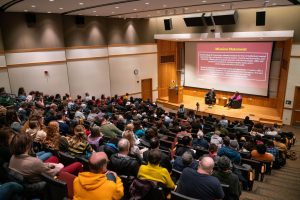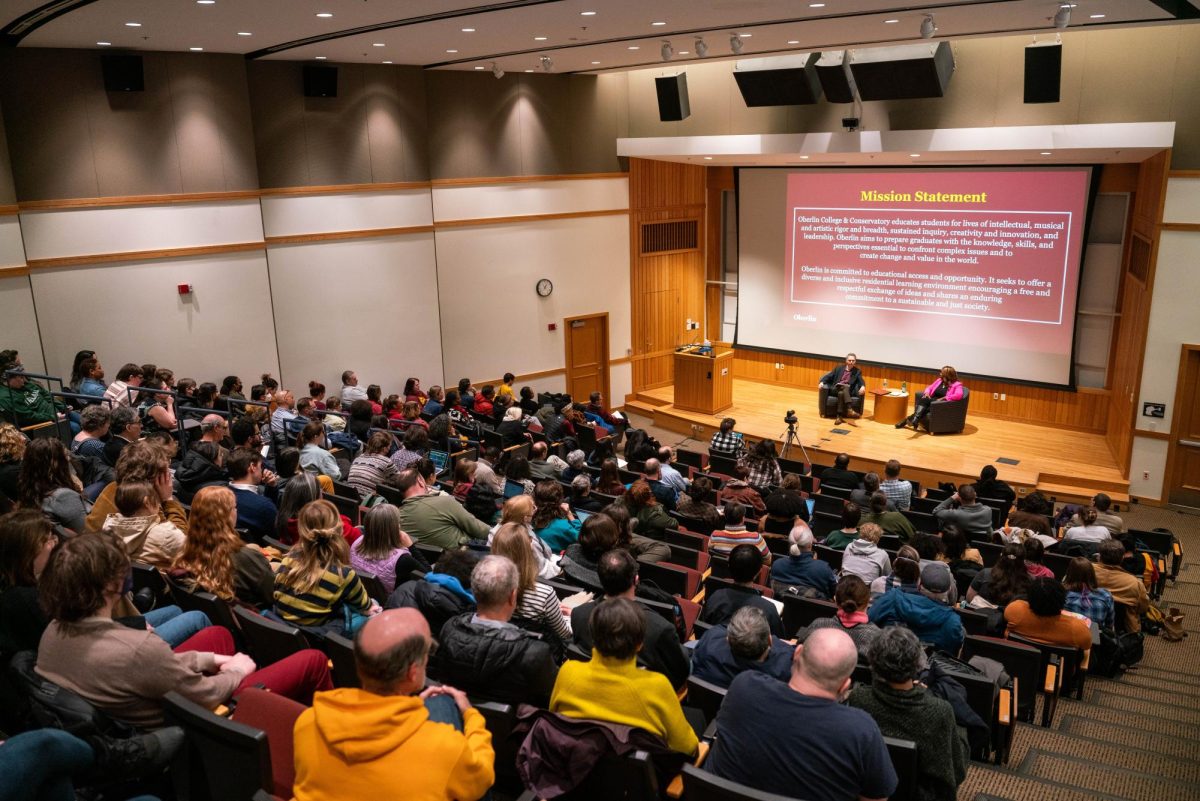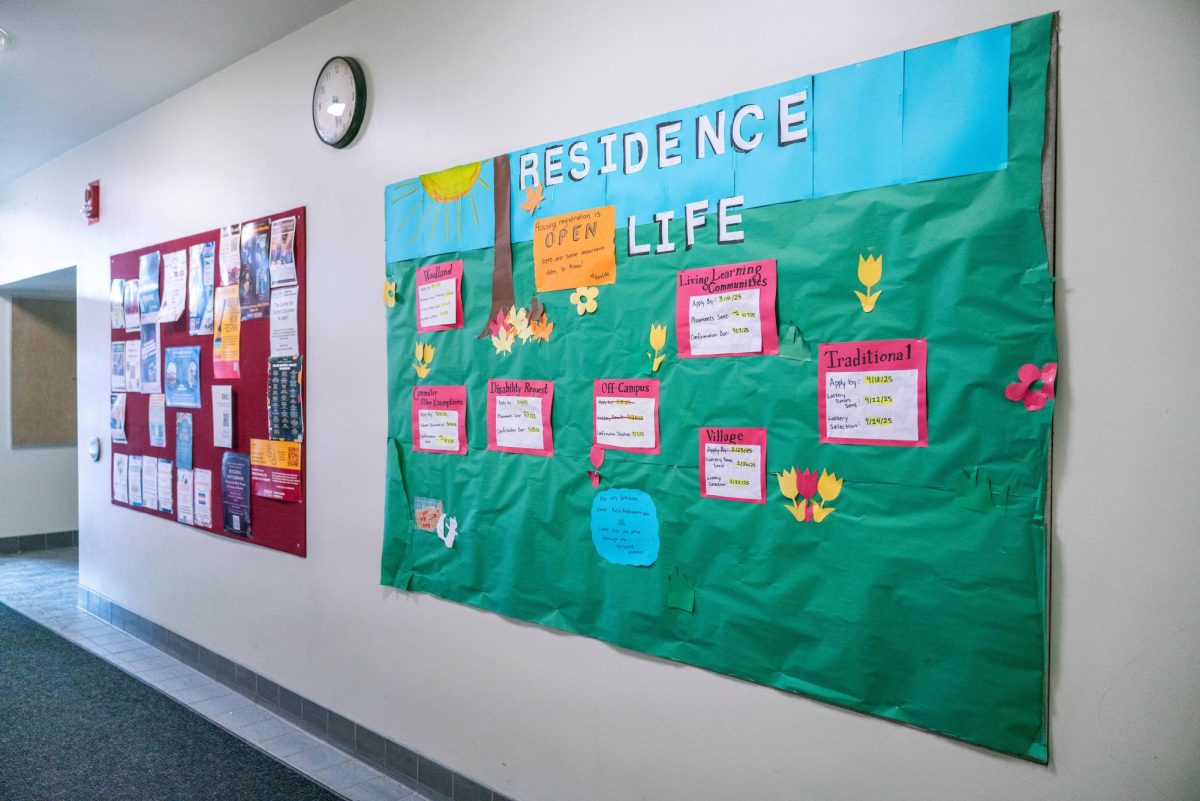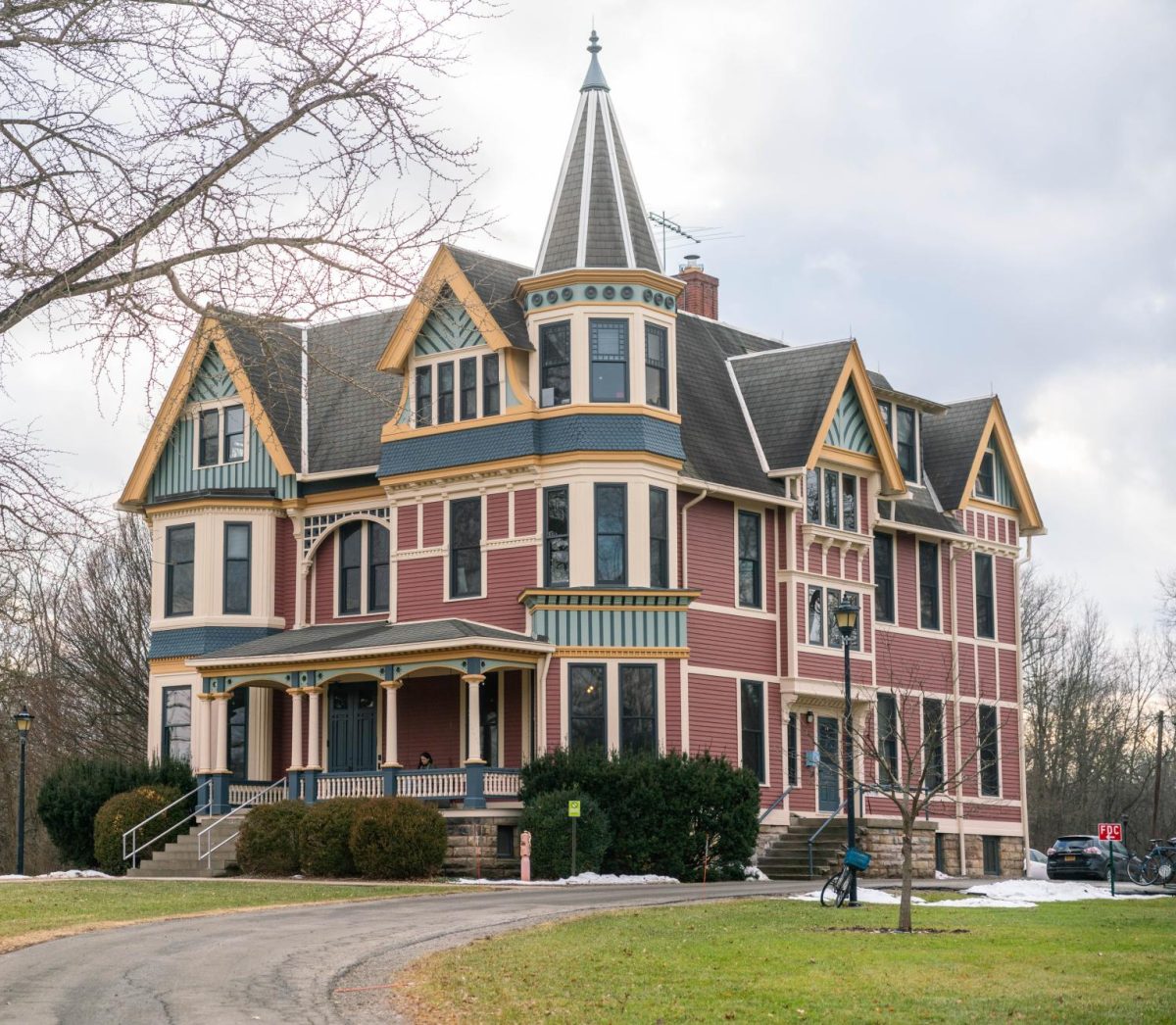Student Senate Should Allow Fee-Based Funding Of OPIRG And Others
April 5, 2013
As a student concerned with on-campus and community activism, I was upset to hear about a recent Student Senate decision that limits Oberlin students’ right to collective action.
During my four years here, I’ve appreciated how Oberlin students focus on grassroots activism and empowerment. I chose this school not only for its rigorous academic curriculum and vibrant arts culture, but also for the forward-thinking social and political values of the student body.
Right now, Oberlin students have an alternative funding mechanism that allows us, through a petition signed by a majority of the student body, to collectively decide to fund a program or organization with a student fee. This is how Oberlin students fund OPIRG, a student-directed, non-profit public interest advocacy organization.
But I can imagine any number of worthy student-funded institutions that current or future generations of Oberlin students may want to set up using this funding mechanism to tackle social, environmental or political problems.
I was troubled to hear that the Student Senate recently voted to eliminate this alternative funding mechanism, essentially placing a barrier on students’ ability to pool their resources to fund their organizing efforts. I don’t agree with the decision, especially since it prevents Oberlin OPIRG’s from being able to operate effectively.
Why do we need OPIRG? The organization integrates grassroots student activism with advocacy at the state and federal level. Ultimately, decisions about issues like student loans, public transit, and environmental protection are being made by decision-makers in Columbus and Washington D.C. Through engaging with professional research and advocacy, OPIRG helps amplify students’ voices to these policy-makers.
Recently, House Budget Chairman Paul Ryan introduced a plan that allows student loan interest rates to double — beginning this July. As the cost of higher education continues to rise, students graduate from college with tens of thousands of dollars in debt, and we cannot afford these proposed interest rate hikes. If we work with OPIRG students and professional campus organizers, we can help convince Congress not to increase the rates (from 3.4 percent to 6.8 percent). We need OPIRG to stay active here.
I’m not an OPIRG member, but I appreciate the value of having OPIRG on campus. If you believe in the importance of student collective action at Oberlin, contact the Student Life Committee and urge them to reverse the Student Senate’s decision.
—Sarah Konowitz
College senior






















